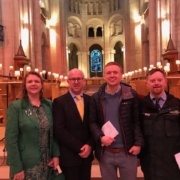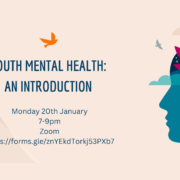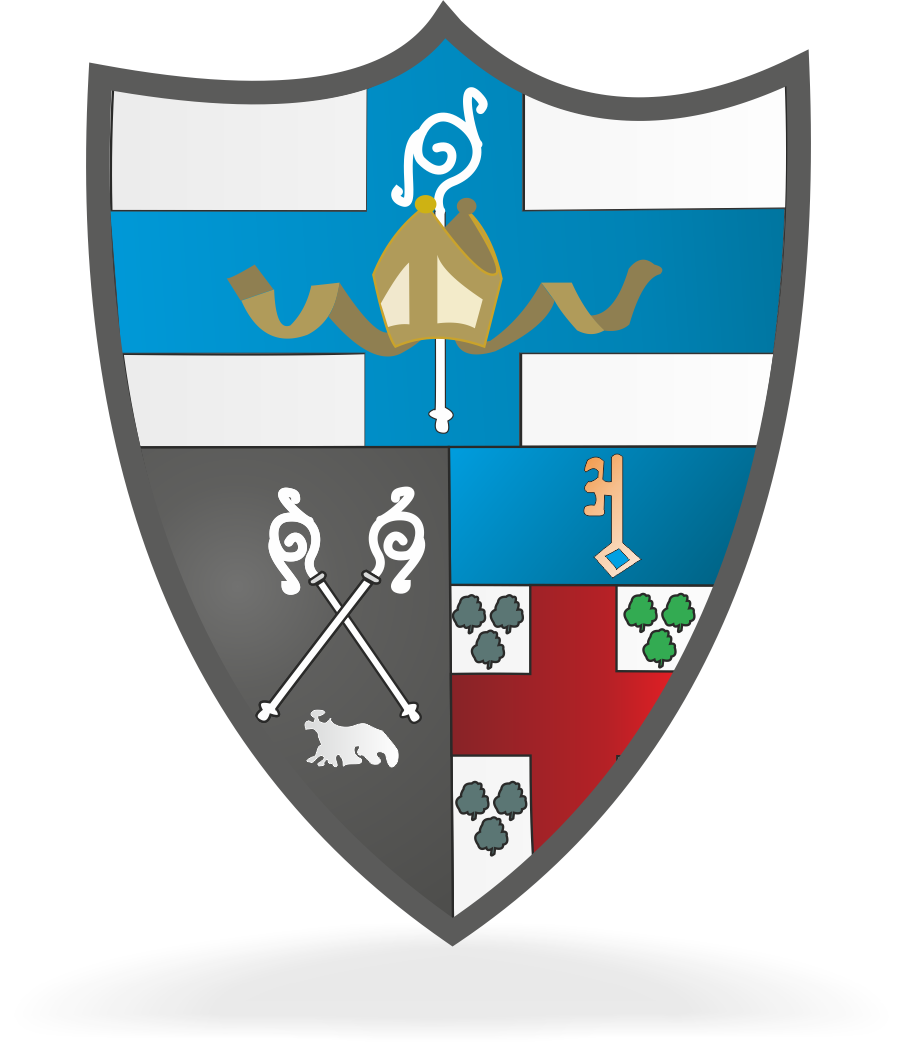Supported through Bishops’ Appeal’s current appeal for the Middle East
Bishops’ Appeal is pleased to share the news that al-Ahli Arab Hospital, which is administered by the Anglican Diocese of Jerusalem, is continuing to provide essential care and support for people in urgent humanitarian need in Gaza City.
Canon Don Binder, the Archbishop of Jerusalem’s Chaplain, recently remarked: “Although our Ahli Hospital in Gaza City is overrun with the influx of hundreds of sorely wounded patients from the besieged north, there is today a singular sign of renewed dignity and hope: literally a new sign at the hospital entrance, replacing the one destroyed in earlier attacks.
“Please continue to pray and advocate on behalf of Ahli, the only remaining functional hospital in the north, whose overwhelmed staff is under-supplied and facing starvation, even as they work around the clock to save lives.”
In an interview with the Melbourne Anglican, the hospital’s director, Suhaila Tarazi, added: “We don’t discriminate. We are not part of this conflict … Our humanitarian mission is to show the love of Jesus.” She also explained the extreme pressures on staff: “On certain days, we have no anaesthesia, so the doctors have to do surgeries and amputate parts of the legs of children and injured without it. We suffer from a shortage of sterilisation solutions, so we sometimes use vinegar to clean some equipment.”
Al-Ahli receives around 750 patients daily and is seeking to maintain the services offered before the conflict, such as the early detection and treatment of diseases, as well as caring for the injured. The hospital recently re-opened a chemotherapy centre and, in co-operation with the Princess Basma Centre in Jerusalem, has also opened a small unit to provide physical therapy for children with cerebral palsy and their families. A clinic has also been opened in the Khan Yunis refugee camp where staff care for approximately 200 patients each day.
Bishops’ Appeal is running an appeal through Advent and Christmas, supporting the ministry of the diocese and Tearfund partners. Donations can be made through bank transfer, cheque or parish collections, and details on how to give are available here on the Bishops’ Appeal website: https://bishopsappeal.ireland.anglican.org/give
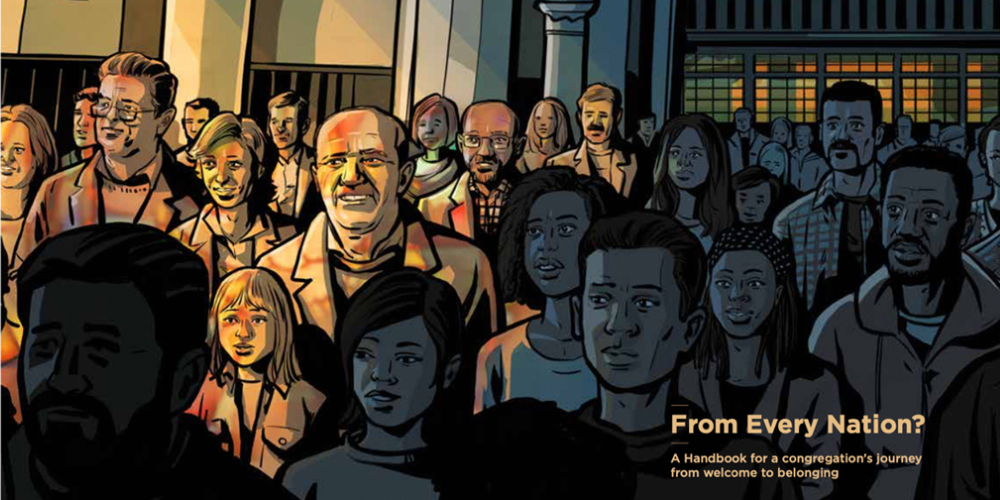 As part of Ireland’s Anti-Racism Month, the Primate’s Reference Group on Ethnic Diversity, Inclusion and Racial Justice invites you to join us for a webinar discussion on using the Irish Council of Churches’ toolkit for anti-racist work in our dioceses and parishes.
As part of Ireland’s Anti-Racism Month, the Primate’s Reference Group on Ethnic Diversity, Inclusion and Racial Justice invites you to join us for a webinar discussion on using the Irish Council of Churches’ toolkit for anti-racist work in our dioceses and parishes.
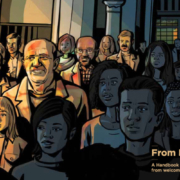
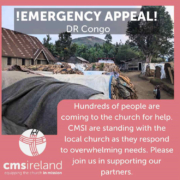
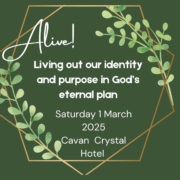
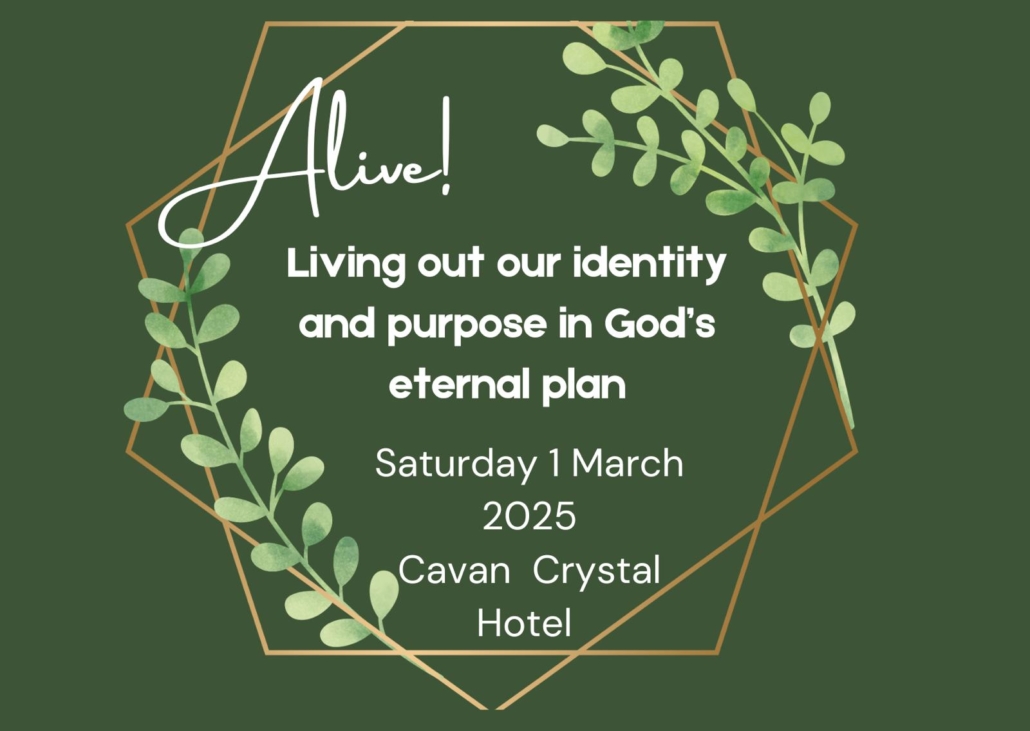

 The General Council of the South American Mission Society (SAMS) Ireland wishes to appoint a Mission Director. We are looking for someone who has experience of mission and evangelism and is:
The General Council of the South American Mission Society (SAMS) Ireland wishes to appoint a Mission Director. We are looking for someone who has experience of mission and evangelism and is:
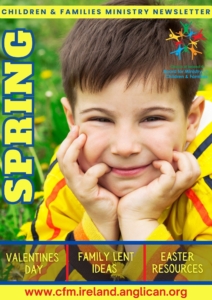 We’re bouncing into Spring this weekend with our latest Newsletter, with ideas for Valentines Day, Lent and Easter.
We’re bouncing into Spring this weekend with our latest Newsletter, with ideas for Valentines Day, Lent and Easter.